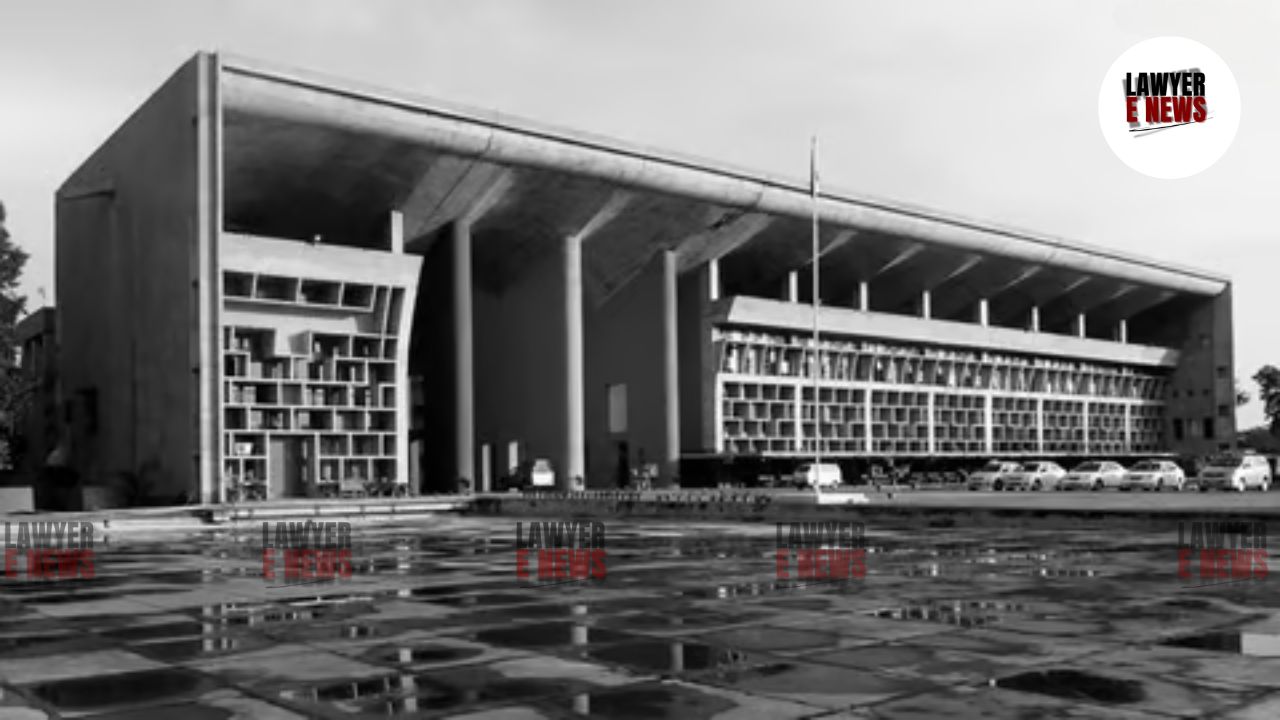-
by Admin
15 February 2026 5:35 AM



In a significant ruling, the Punjab and Haryana High Court at Chandigarh upheld the Income Tax Appellate Tribunal’s (ITAT) decision to restore the registration of two educational trusts—Young Scholars Educational Society and Baba Banda Singh Bahadur Education Trust—under Section 12A of the Income Tax Act. The court ruled that the Commissioner of Income-Tax, Patiala, lacked the authority to cancel the registrations retrospectively before the 2010 amendment to Section 12AA(3).
The bench, comprising Justices Sanjeev Prakash Sharma and Sudeepthi Sharma, meticulously examined the scope of the Commissioner’s power to cancel registrations under Section 12A prior to the 2010 amendment of Section 12AA(3). The court emphasized that the Commissioner did not have express authority for such actions before the amendment, which explicitly provided the cancellation power effective from June 1, 2010. The court remarked, “The Commissioner’s orders dated 02.03.2010 and 26.03.2010 were without jurisdiction and authority.”
The judgment reaffirmed the principle that quasi-judicial orders cannot be altered or rescinded without explicit statutory authority. Addressing the principle of retrospective application, the court asserted, “Retrospective amendments conferring powers must be explicit and cannot be implied.” The bench referred to several precedents, including Industrial Infrastructure Development Corporation (Gwalior) M.P. Limited vs. Commissioner of Income-Tax, Gwalior, to substantiate this interpretation.
The Revenue argued that the trusts were generating surplus income under the guise of educational activities, suggesting a profit motive. The court, however, reiterated the Supreme Court’s stance in recent judgments, highlighting that surplus income does not negate the charitable nature of educational institutions if such surplus is utilized for educational purposes. The court observed, “Provided the surplus is generated in the course of educational activities and used for educational development, it does not alter the charitable character of the institution.”
The bench delved into the amendments and their implications. It highlighted that the power to cancel registration under Section 12A was not vested with the Commissioner until the 2010 amendment. “On the day when the registration was canceled, i.e., on 02.03.2010, the power was not vested with the Commissioner,” the court clarified.
Justice Sanjeev Prakash Sharma remarked, “The functions exercisable by the Commissioner under Section 12A are essentially quasi-judicial in nature and could be withdrawn only when there was express statutory power vested in him.”
This judgment underscores the importance of adhering to statutory guidelines and principles of fairness in administrative actions. By affirming the ITAT’s orders and restoring the registrations, the court sent a strong message about the limitations of quasi-judicial powers and the necessity for clear statutory authority. This decision is expected to have significant implications for the administration of educational and charitable institutions, reinforcing the legal framework within which they operate.
Date of Decision: May 8, 2024
